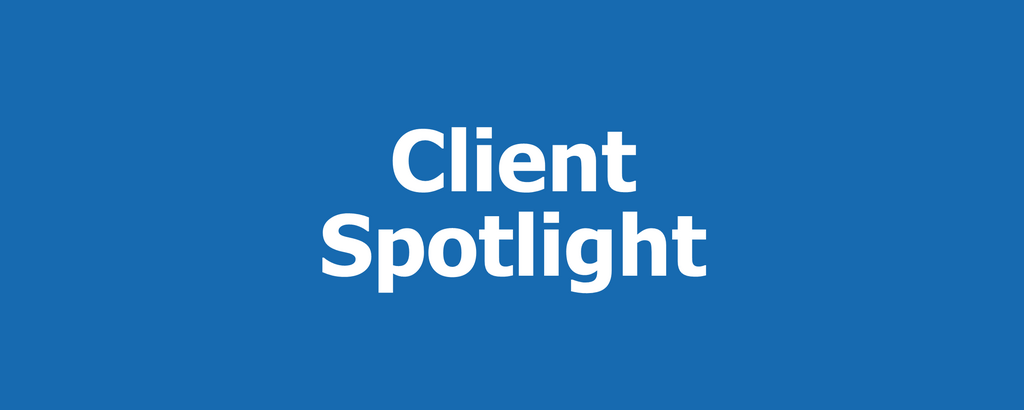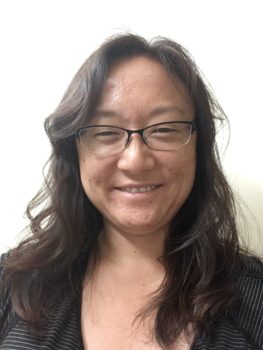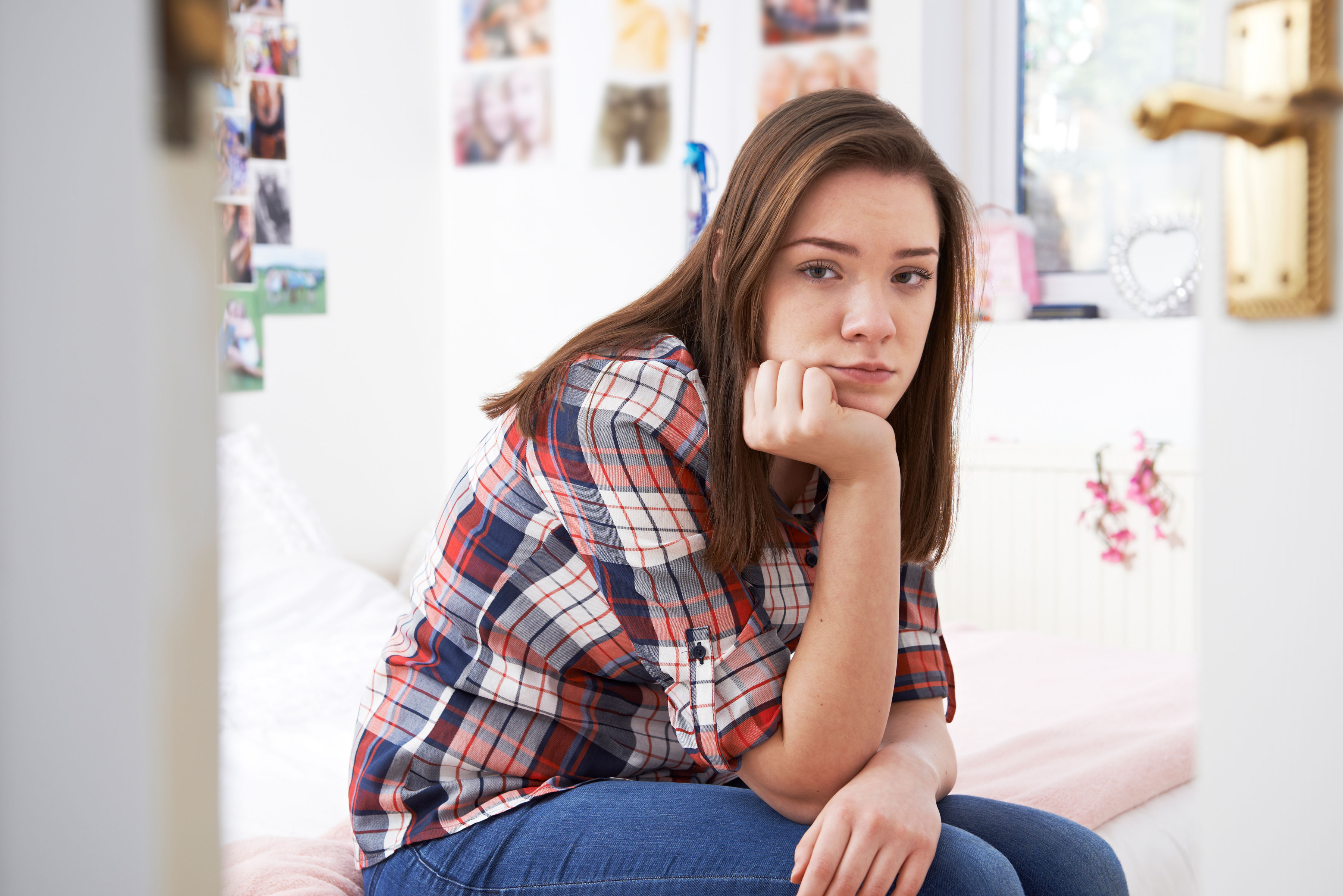
Coping with COVID-19 — A Client Perspective

Author Susie Piasecki shares her experience during quarantine. Susie is a KYC client, Drop-In Center guest, and former Drop-In Center Peer Counselor. She is a Certified Recovery Support Specialist and passionately advocates for mental health education and awareness. She is also living with schizoaffective bipolar disorder and post traumatic stress disorder.
Author Susie Piasecki shares her experience during quarantine. Susie is a KYC client, Drop-In Center guest, and former Drop-In Center Peer Counselor. She is a Certified Recovery Support Specialist and passionately advocates for mental health education and awareness. She is also living with schizoaffective bipolar disorder and post traumatic stress disorder.
According to NAMI, the National Alliance on Mental Illness*:
- 1 in 5 American adults contend with a psychiatric illness*
- Depression is the leading cause of disability worldwide*
Millions of people in the U.S. live with psychiatric disorders*. Some seek treatment; many have hope; all can recover. There is always hope. People can and do live in wellness, even when living with a mental illness. This article is designed for you to generate some ideas and strategies that propel you forward on your road to recovery, coping with COVID-19 while living with mental illness…I wanted to share with you some of the things that have been helping me along during this difficult time, when some of us feel displaced and frustrated, depressed and anxious, etc.
People living with a psychiatric disorder have a medical condition that – like coping with the preventative measures of COVID-19 – disrupts one’s daily functioning, thoughts, feelings, mood, and the ability to relate to others. Although mental illness does not discriminate and all walks of life are at risk, the good news about mental illness is that there is hope for recovery. The same can be said for coronavirus. Although COVID-19 knows no boundaries either, there is hope…people can and do recover from coronavirus, too. We will get through this, together…and the pandemic will end, eventually. Hopefully someday soon. Meanwhile, every day we have the opportunity to empower ourselves and stay resilient. There is nothing normal about what is happening…maybe that is why I’m thriving now; because I’m definitely not normal. Or so I’ve been told. Actually, I’m certifiable. 😉 But anyway…
There is no “one size fits all” way to go about coping with these challenging times. But we all do have certain guidelines to follow to keep us safe. Social distancing, wearing face masks, handwashing, disinfecting and sanitizing things, self-isolating, and other safety precautions. We’re supposed to be on “lockdown”, and restricted from non-essential businesses, public areas, etc. The way I try to look at it is, with this whole shelter in place thing, I’m just grateful to have shelter and a safe place to be in. It was the first thought that came to my mind after the initial confusion and disappointment of the lockdown initiation faded away.
I wrote this from a journaling prompt one day not long ago…I was on a mental health conference call. We were given 2 – 3 minutes to complete the sentence with whatever came to mind…
_____
4/17/20
Right now, for the stay at home order from the governor, I am feeling:
like I’m trapped in a bad Twilight Zone episode. But I know we’re in this together and we’re all going to make it through. Right now, we’re making history. These are difficult, challenging times. But it shows how resilient we are. And it is shining a light on mental health. It is actually an opportunity to break down barriers of the stigma of mental illness, with all of the depression, anxiety, OCD, eating disorders, substance abuse, and the like, that are taking place today. Hopefully there will be more kindness, compassion, and understanding toward people living with mental illness now, more than ever, because of the coronavirus crisis. I have hope…
_____
With shelter in place, it’s hard for all of us. It brings up so many different thoughts and feelings. For one thing, there seems to be a constant negotiation between our symptoms and our sense of safety and security, and even hopefulness. Then there’s our mental and physical health. If we’re struggling with one, it’s possible we may also lag with the other. Sometimes people in recovery may feel overwhelmed with depression and anxiety, and/or other symptoms of mental illness; and yet, we must stay relentlessly vigilant about preserving our physical health during these uncertain times. Mental health affects physical health, and vice versa.
I have more good days than bad, but my anxiety got the better of me one particular week, when I woke up one morning with an anxiety attack and was extremely fearful of getting coronavirus, then just started crying. The remainder of the week, I woke up to COVID-19 dreams. Can anyone relate? Probably, I bet. But somehow, we emerge through the process. That one day, I ended up taking action; called my supporters, disinfected my place a little, just continued following safety precautions as usual, and kept busy. It helped me feel more empowered…and by the end of the day, it was like the anxiety attack never even happened! Even though symptoms may wax and wane, we can always get through this. Since coronavirus can devastate both physical and mental health, health has become the new wealth.
To establish a sense of “normalcy” or structure, since I don’t really have a regular schedule anymore, I try my best to develop a simple, loose routine, throughout the day/week. I wake up at around the same time every morning, take my meds first thing at my regular time, and then have coffee (God bless coffee!) and my morning cigarette…
Then I make my bed…every single day. If there’s only one thing I did all day, it’s that I made my bed in the morning. Similarly to what one marine officer once basically said, it may seem trivial, unnecessary, or not worth the effort to some, but it’s a small act that when completed, can lead to another small accomplishment (like taking a shower, or eating breakfast, etc.), and then another small accomplishment, and another…and before you know it, you’ve taken action and have gotten off to a good start to your day! And if I’ve done nothing else the entire rest of the day other than having made my bed, at least I have a nice, well-made bed to climb into when night falls. Then hopefully I’ll get a good night’s sleep and tomorrow will be a better day. But I always make my bed in the morning. It’s just something that comes naturally now and is a really good habit to fall into.
Not long after all that, I end up calling my Mom every morning, just to say hello. I don’t know what I’d do without my Mom. That connection, that communication, is something else that just comes naturally. My morning just doesn’t feel right without having said good morning to her. We also talk throughout the day during this pandemic, and we continue to call to say goodnight every night, which we’ve done even before things changed because of COVID-19. We laugh, listen, support one another; we basically are just there for one another. She’s the best.
Speaking of communication (no pun intended), I try to stay connected to my friends and other family members as well, often. I’m so grateful for all of them. They help provide the balance I need to stay well and offer support and a sense of community while isolated, so I don’t feel alone. I zoom, text, call and email with friends and family, and have telehealth sessions with my therapist once a week. With all this together, although COVID-19 imposes boundaries on my lifestyle, it can’t take away my freedom to interact with others. Human connection…relationships…keep me going through this pandemic.
Monday through Friday there’s a community mental health drop-in center conference call that’s held in the afternoon for an hour, and I call in just about every day. What I appreciate most about these calls is the way they start and end. In the beginning, everyone checks in with one thing they’re grateful for and a daily joke, if they brought one. The focus on gratitude, even if it’s only for a moment, briefly makes me reflect on something I might not otherwise give a second thought to. I really recognize the value of that during the pandemic. And then there’s lightheartedness and humor, too. Then, to end the conference call, we say one thing we’re looking forward to…which to me resonates with the idea of hope. The majority of the conference call is a positive topic of the day, that is relevant and applies to coping with these stressful times. There are several participants on the line, and the topic is open for comments and discussion throughout the call. Love it!
They say stress will kill you faster than the coronavirus. So humor is healthy! I laugh a little, every day…some sources? Comedians, comedy movies and shows (i.e. – SNL, Ellen, Jimmy Fallon, etc.), jokes from Alexa, Siri, or online, etc., funny memes on Facebook, Twitter or Instagram, or yucking it up with a friend or family member…anything to get a good belly laugh, to help reduce the stress! I read somewhere that if you laugh for a minute, you will boost your immune system for the next 24 hours. Which is exactly what you need to do to fight off coronavirus – have a strong immune system! Laughter truly is the best medicine. Here’s a joke for you: “To the thief who took my anti-depressants, I hope you’re happy!” Lol 😊 I try to laugh at least a few times a day, everyday. If I succumb to coronavirus, I at least want to have my sense of humor in tact.
Something else I found enormously helpful is exercise. I know, I know…blah blah blah. We all know exercise is good for you. But I highly recommend it, if possible, to walk/workout. My daily workouts were born out of boredom from this quarantine; but at first, I started out by simply walking around my apartment complex, just a few times…to get some exercise, some fresh air. Then, gradually I increased the number of times I went around the building. Eventually, ended up challenging myself to alternately jogging/walking around the building several times, and now I’m gradually increasing that. My current goal is to run consecutive laps, numerous times (eventually – albeit, I’m still a smoker, trying to quit…hopefully, one day I’ll completely quit, due to the daily exercising!). Regardless, if you’re suffering from quarantine fatigue, I encourage you to be active. It helps!
Another thing exercise is helpful for in my daily schedule is it keeps me on cue with my hygiene. Basically, I stay in my routine of showering daily, after working out. It’s really important to sustain routines, including with what seems as simple as a daily shower (whether or not I exercise that day). If I compromise doing this everyday activity, “letting it slide” so to speak, I may end up getting depressed, and then other symptoms may soon follow. And wearing a mask all the time makes me stay on target with brushing my teeth regularly, too. (Ha ha). Trimming my nails so that handwashing becomes safer, as well, is important. I keep up on things like this. So maintaining my hygiene is important, also.
And meals at regular times, cooking (creating healthy homemade meals more often), and engaging in hobbies like playing an instrument and just listening to music or creating artwork, staying busy with self-care like journaling or practicing spirituality, whether that’s communing with nature, observing prayer and meditation, or maybe even watching a religious broadcast on tv, if that’s what floats your boat…these and/or other things can empower you to move past your symptoms and into recovery. I know these things have helped me. COVID-19 doesn’t have the power to take away your ability to adjust and transform through this pandemic. You have the power to create change.
If you feel you need extra support during this challenging time, there is help. The NAMI Helpline is here to assist you at 800−950−6264 M‑F, 10 am – 6 pm, ET. Also, there’s the NAMI Crisis Text Line. Just text “NAMI” to 741741 for 24⁄7 free, confidential crisis counseling. Remember, there is always hope.
Previous Article Next Article

